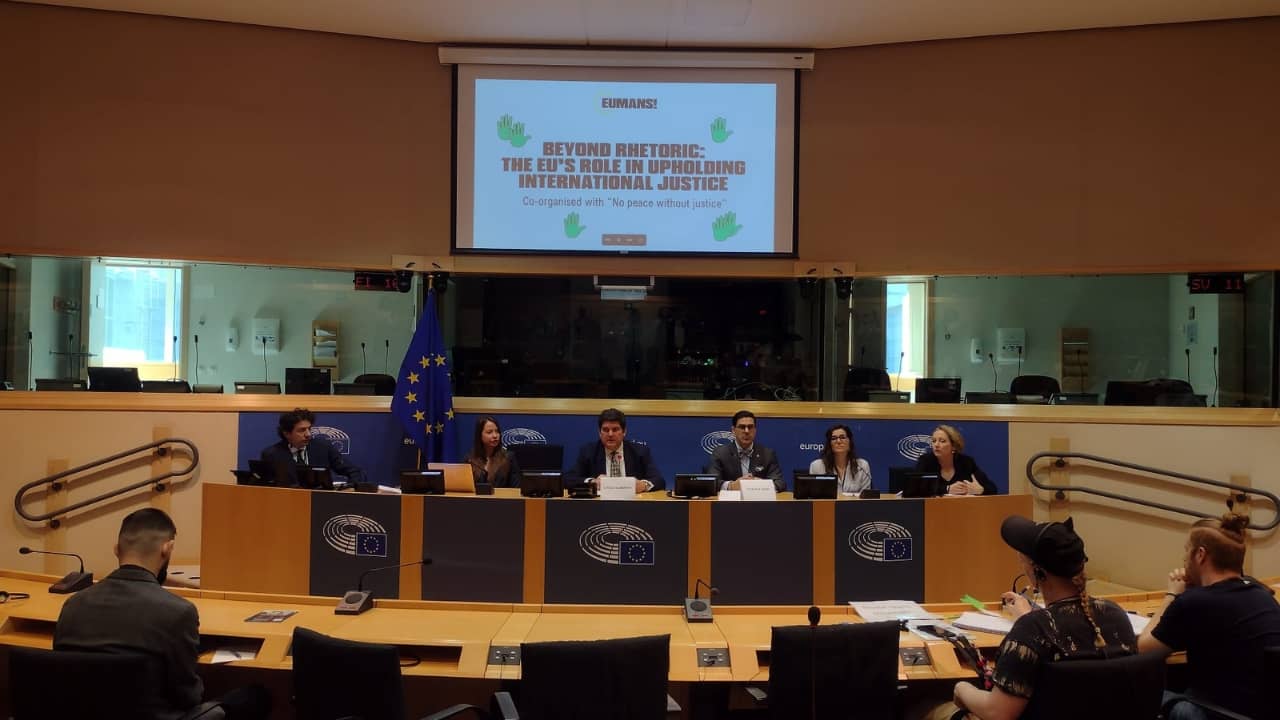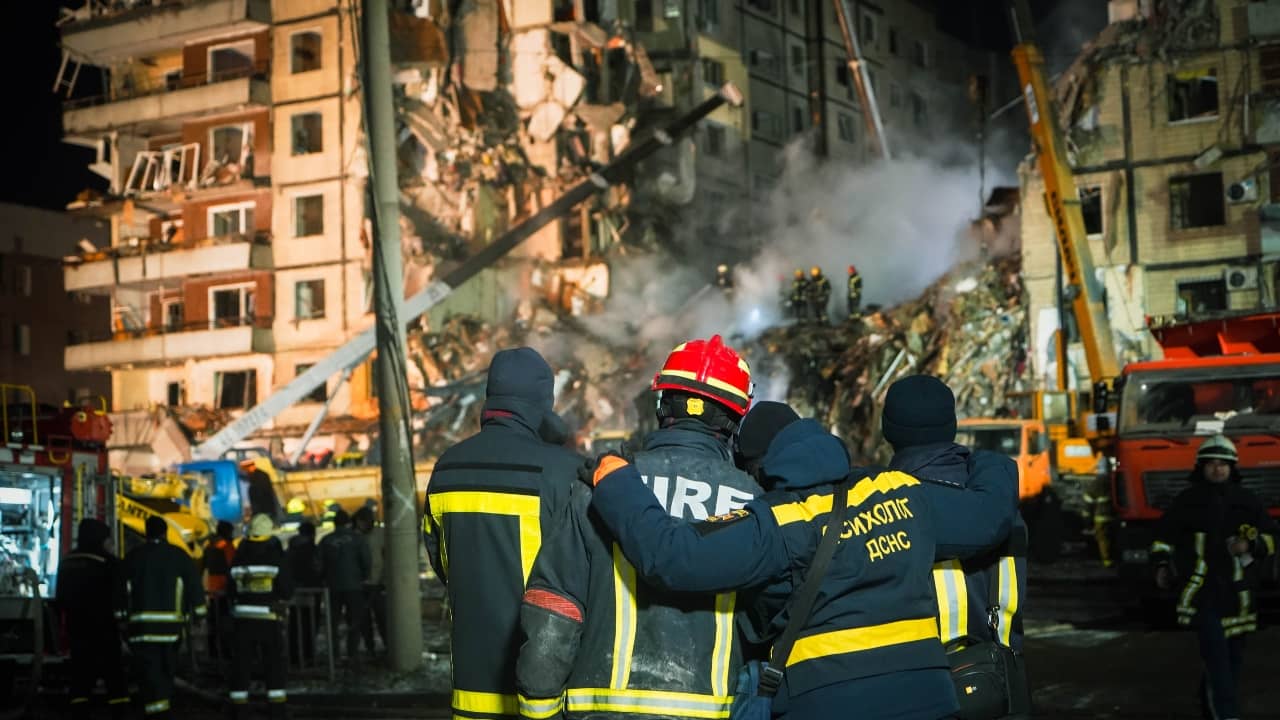The following questions were originally published on the website of Michiel Servaes on 28 October 2016.
Questions asked by Mr. Michiel Servaes (PvdA) (Member of PGA) to the Minister of Foreign Affairs on the withdrawal of African countries from the International Criminal Court
- Have you taken note of the worrying message 'African exodus makes ICC still powerless "and other messages which refers to the (forthcoming) withdrawal of Burundi, Gambia and South Africa from the International Criminal Court and various other countries such as Kenya, Uganda and Djibouti who are considering retiring? (1)
- Do you remember the vote of the members Servaes Sjoerdsma of November 2015 (Parliamentary 33866 no. 13) which states that "the Netherlands as host country has a special responsibility for the International Criminal Court" and urged the government to "take a leading role in play in maintaining support for the ICC in general and among African states in particular "? Can you indicate what efforts you have made in this regard in the past year?
- Are you given the alarming growth of recent announcements by African countries to withdraw from the ICC, willing to personally participate in the upcoming session of the Assembly of States Parties, which from 16 November takes place in The Hague ? If so, how do you plan to do this? If not, why not? Can you indicate what the outcome was of your conversation with the President of the Assembly of States Parties of the ICC, the Senegalese Minister Sidiki Kaba of Justice? (2)
- Are you willing to seize the upcoming membership of the UN Security Council to schedule the aforementioned problems of the ICC? Are you ready to make this a joint priority of Italy (paragraph 2017, special connection because of the Rome Statute) and the Netherlands (paragraph 2018, host country)? If so, how do you plan to do this? If not, why not?
- What other opportunities do you see to act with extra urgency to the motion Servaes / Sjoerdsma? Are you prepared for example to include Ministers of Burundi, Gambia and South Africa as well as African and other countries that support the ICC to invite for consultation soon in The Hague? If so, how do you plan to do this? If not, why not?
- Can you answer these questions prior to the Assembly of State Parties on 16 November?
1) http://www.trouw.nl/tr/nl/39682/nbsp/article/detail/4403017/2016/10/26/Afrikaanse-exodus-maakt-Strafhof-nog-machtelozer.dhtml
2) https://www.rijksoverheid.nl/actueel/nieuws/2016/10/21/nederland-betreurt-dreigende-terugtrekking-afrikaanse-landen-uit-strafhof




